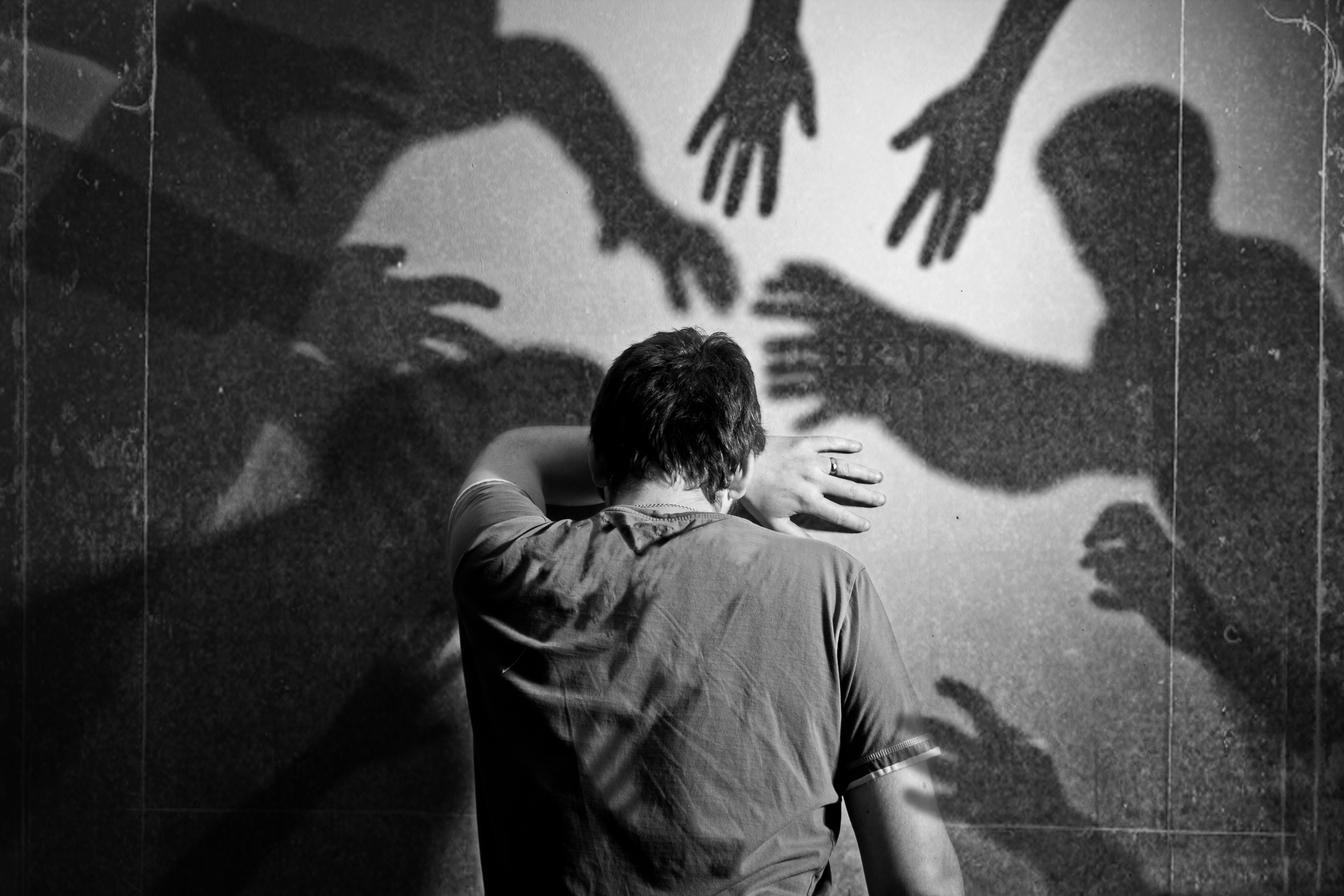Give MORE and take less. . .
Can we. . . ?
THEY SAY:
Giving to others brings a sense of satisfaction and fulfillment that cannot be achieved through material possessions or personal gain. It can also have positive effects on our mental and physical #health. Research has shown that people who regularly engage in acts of kindness and giving are more likely to experience lower levels of stress, depression, and anxiety. . .
S T I L L
In this for real
DOG eat Dog
world
we can still see how
We Mutts can still learn
(or forever RE-LEARN)
New Tricks
without so much as
ROLLING OVER
or worse
PLAYING DEAD





















 When it comes to
When it comes to